On July 15 and 16, an institutional delegation of the Croatian Government visited several services of the Drug and Health Area of the ABD Group in the city of Barcelona, with the aim of learning first-hand about community and innovative responses in the field of harm reduction, addiction care and social inclusion.
The delegation consisted of representatives from the Ministry of Health, the Croatian Institute of Public Health and the Ministry of the Interior, and was led by Dr. Marija Bubaš, State Secretary of the Croatian Ministry of Health. Also participating were Dr. Krunoslav Capak, director of the Croatian Institute of Public Health; Željko Petković, deputy director of the same agency; as well as heads of addiction policy, international relations, forensic toxicology and police forces.
On Tuesday 15, they were received at ABD headquarters in Barcelona by Mireia Munté, director of the International Area; Ester Aranda, director of Harm Reduction programs; and Mireia Ventura, director of the substance analysis service, who presented the organization’s approach to the comprehensive approach to substance use in different populations and contexts.
Later they visited the CAS Sarriá, a center for addiction care and monitoring, where the director Sònia Mollon showed them how the outpatient model works, both in individual care and in family and community accompaniment. There, they also discovered the Fènix Garden project, an urban agriculture initiative aimed at improving the employability and empowerment of people in treatment for substance use, in a context marked by stigma and social exclusion, which for more than five years has been led by Edgar Peñas.
On Wednesday morning, a visit was made to the Department of Health, at the General Subdirectorate of Drug Addictions, where an overview of the strategies for the prevention and treatment of drug addiction in Catalonia was presented, with special emphasis on integrated approaches and intersectoral cooperation. Afterwards, the Energy Control program was visited, where they were able to see its analysis service – considered one of the best in Europe -, its applications in nightlife and festival environments, and the methodologies used. Finally, legal issues were also discussed to analyze how a similar model could be adapted in Croatia.
The afternoon continued with a visit to CAS Baluard, located in the Raval neighborhood. There, the CEO of the ABD group, Àngels Guiteras, and the director of Harm Reduction services, Ester Aranda, explained the evolution of the harm reduction model over the 20 years of operation of this service, as well as the changes that have had to be implemented to adapt to new patterns of consumption and the needs of the users. Special emphasis was placed on the incorporation of trauma and gender sensitive approaches, as well as on specific actions aimed at the LGTBIQ+ community and people in homelessness situations.
In this service, the delegation was able to learn more about how the substances analysis service of Energy Control works. A service that the Health General Subdirectorate has promoted within the supervised consumption areas of Catalonia, as an essential strategy for monitoring the situation of the illegal market and for the reduction of damages associated with the identification and characterization of the substance.
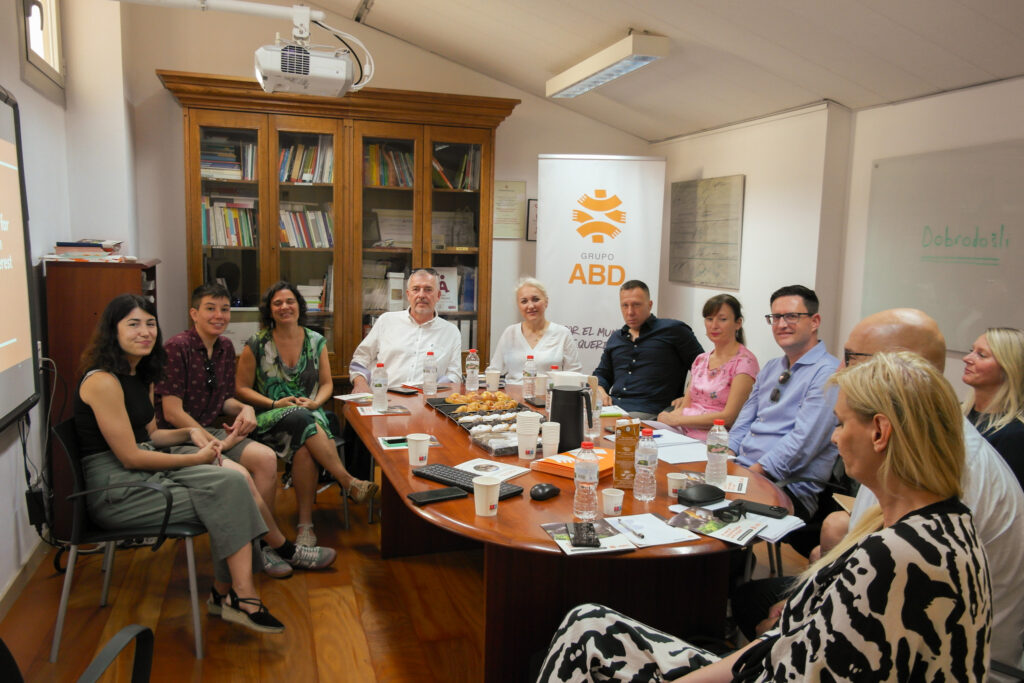
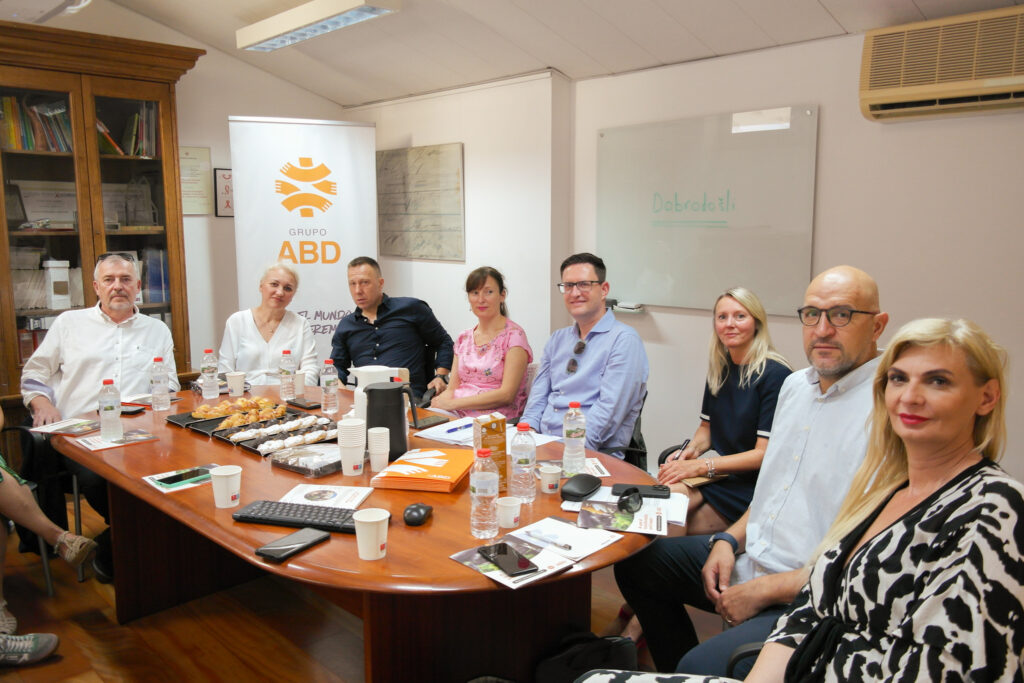
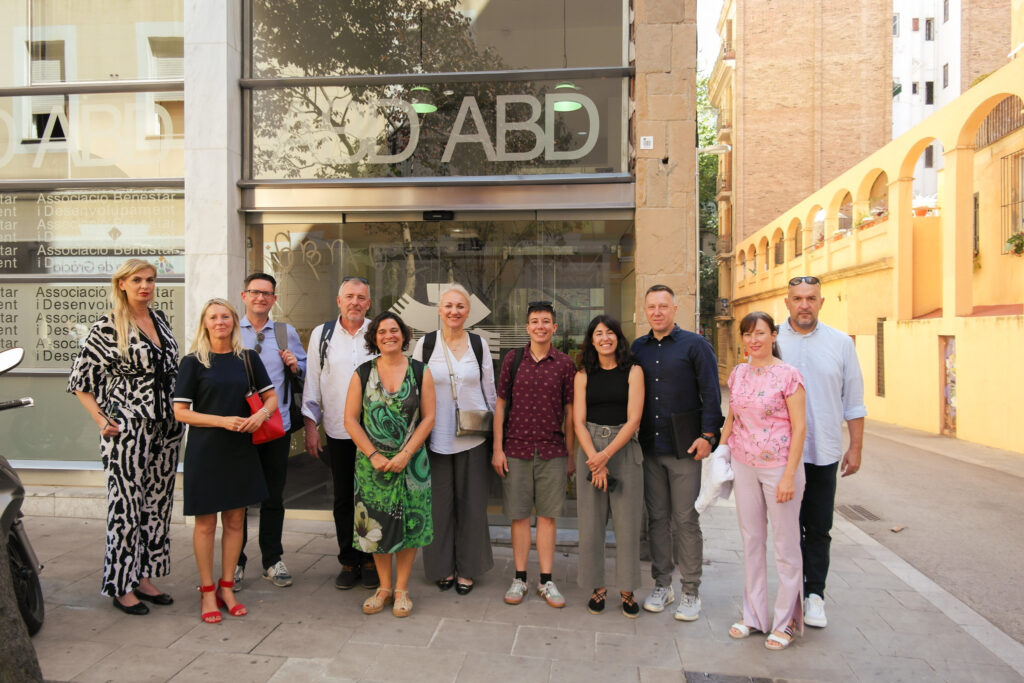




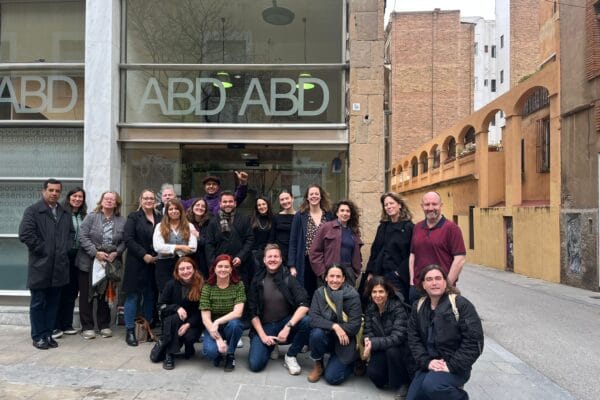
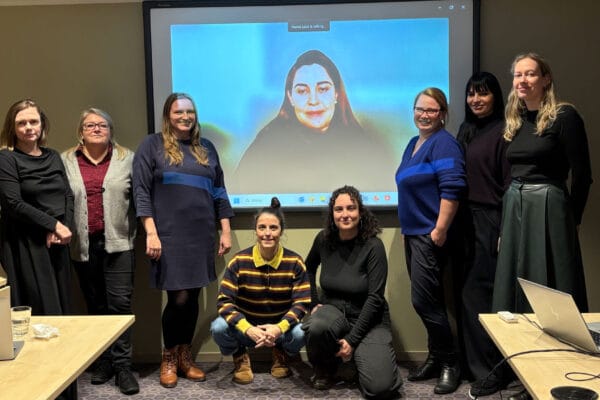
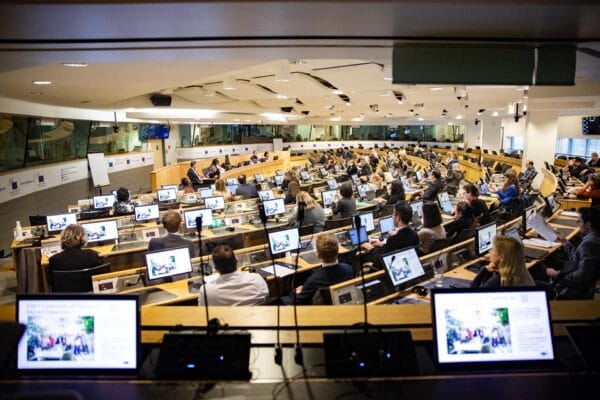
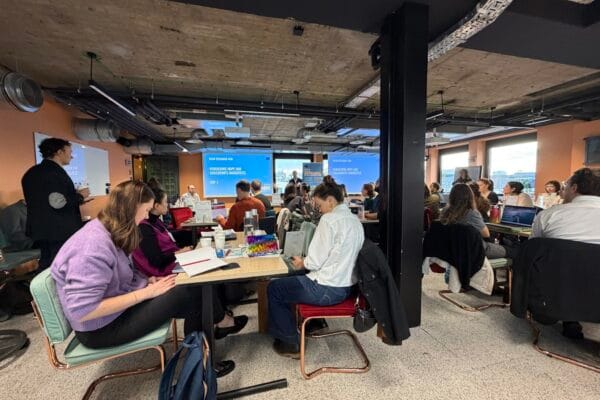
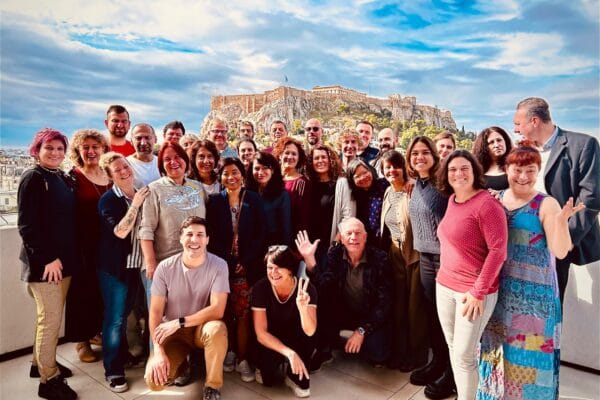
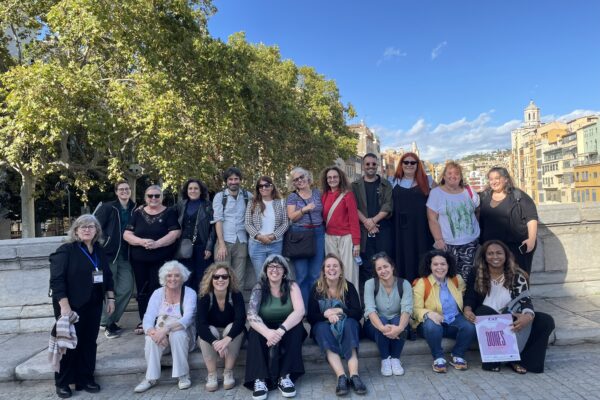

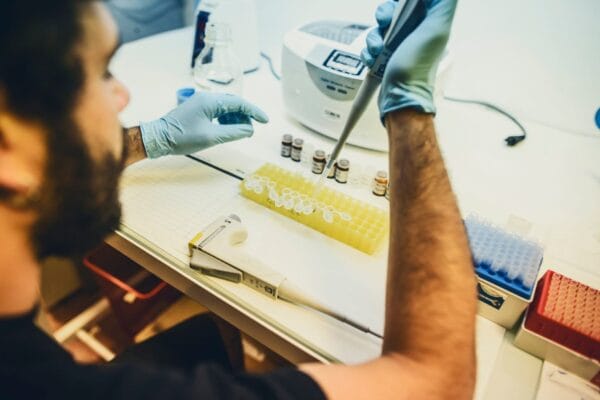
YouTube
ABD presentation. Why do we do what we do?
Instagram
📢 Come to the Europe Day of the LILA project